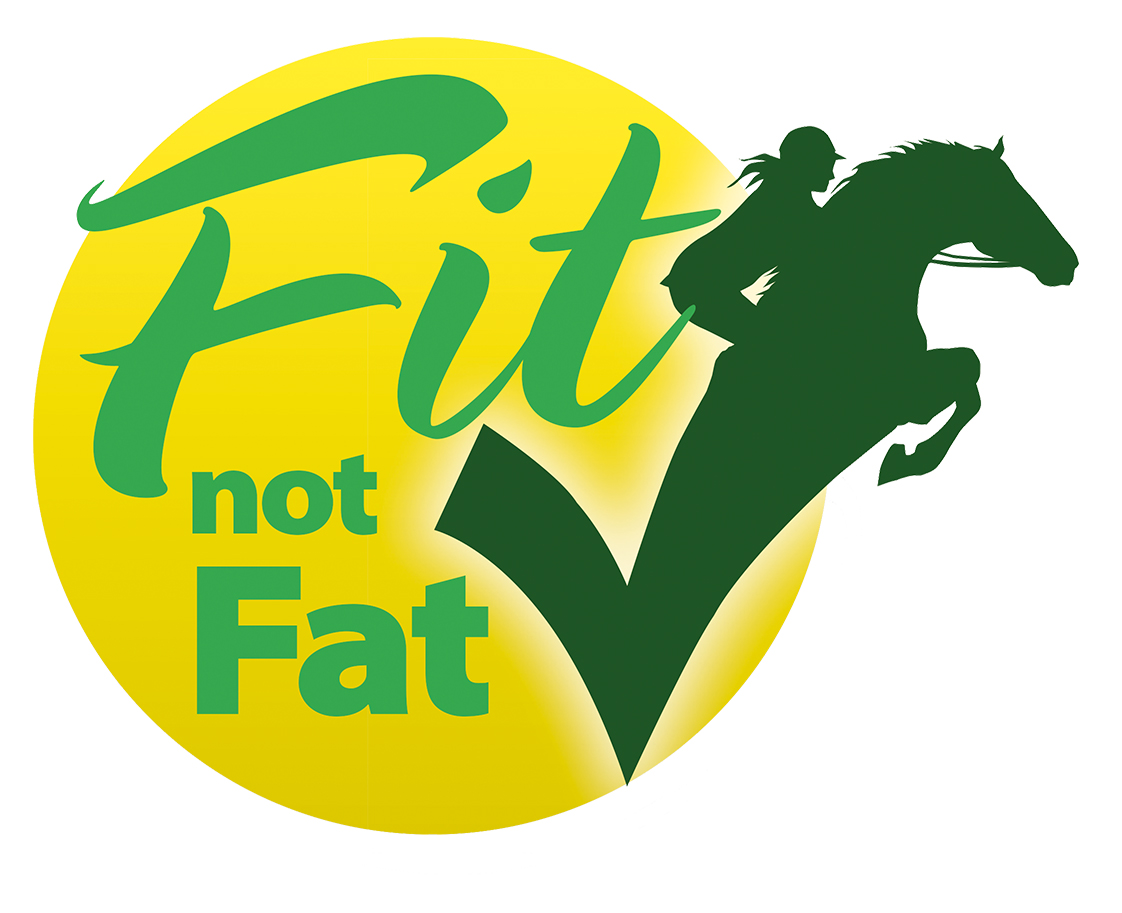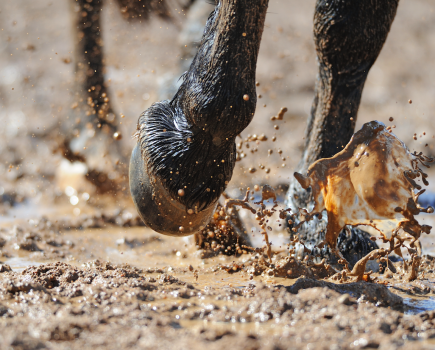In partnership with Dodson & Horrell
Metabolism in all living beings, including horses, is defined as all of the chemical processes in any living organism, especially those that cause food to be used for energy and growth.
Although metabolism is involved in weight gain and loss in animals, it encompasses all processes required in sustaining life. Therefore, for your horse’s body to function optimally, it requires essential inputs like energy in the form of calories from their diet.
How a horse’s metabolism works
Metabolic processes govern the absorption of energy and nutrients by the body from food intake, and their usage in essential daily bodily functions, resulting in a balance between the two. Excess energy intake beyond that which is used by the body will be stored in the form of body fat.
When your horse’s intake of energy is equal to his output of energy, his metabolism is in balance, and body fat will remain at the same level. Where energy intake is greater than the amount being used by the body, body fat will increase. For body fat to reduce, energy intake must be less than that which the body is using.
The amount of energy used by the body will be greater during periods of growth or periods of repair (such as recovery from illness). We can also increase energy expenditure by increasing exercise to assist where weight loss is the goal.
Factors affecting metabolism
Multiple factors affect your horse’s metabolism. Some can be influenced through management practices, whereas others cannot because they are pre-set through genetics. The factors that affect metabolism in horses are:
Body size and conformation
Larger horses, and those with more muscle mass, burn slightly more calories — even when resting.
Genes
Genes influence your horse’s growth and your horse’s natural metabolism. This can be influenced somewhat by environment, a phenomenon described by epigenetics (the study of how behaviours and environment can cause changes that affect the way genes work).
Muscle mass
The amount of muscle your horse has affects his metabolism, as muscle requires more energy at rest than fat does.
Exercise
More intense training results in more energy being burned and more muscle mass being built, the latter of which increases metabolism.
Hormonal factors
Hormonal imbalances, related to conditions such as hypothyroidism, can affect metabolism.
Environmental factors
When the weather changes, the horse’s body has to adapt to maintain its normal body temperature. Winter temperatures (in the absence of rugs) increase metabolic rate.
Medications
Some medications can influence metabolism and either slow it down and predispose horses to weight gain, or speed it up, making weight loss more likely. Speak to your vet when your horse is starting a new medication to assess whether dietary adjustments will be needed.
Diet
Your horse’s diet interacts with his gastrointestinal tract and influences metabolism as it does so. There is some truth in the saying, ‘You are what you eat’!
How to support a horse’s metabolism
A few quick tips to support a healthy metabolism in your horse include:
- Access to clean and fresh water at all times in their box and pasture.
- Providing 1.5-2% of their bodyweight in forage dry matter — this encourages natural behaviour and nutrient uptake.
- Exercise them regularly and make sure the type and amount is suited to their fitness and diet.
- Monitor your horse’s weight and body condition regularly — ideally every two to four weeks.
 Have you heard about Your Horse’s #FitNotFat campaign? Equine obesity is an enormous welfare problem and we’re on a mission to provide owners and riders with the knowledge, skills and information you need to keep your horse in tip-top health. It could be life saving! Find out more
Have you heard about Your Horse’s #FitNotFat campaign? Equine obesity is an enormous welfare problem and we’re on a mission to provide owners and riders with the knowledge, skills and information you need to keep your horse in tip-top health. It could be life saving! Find out more









